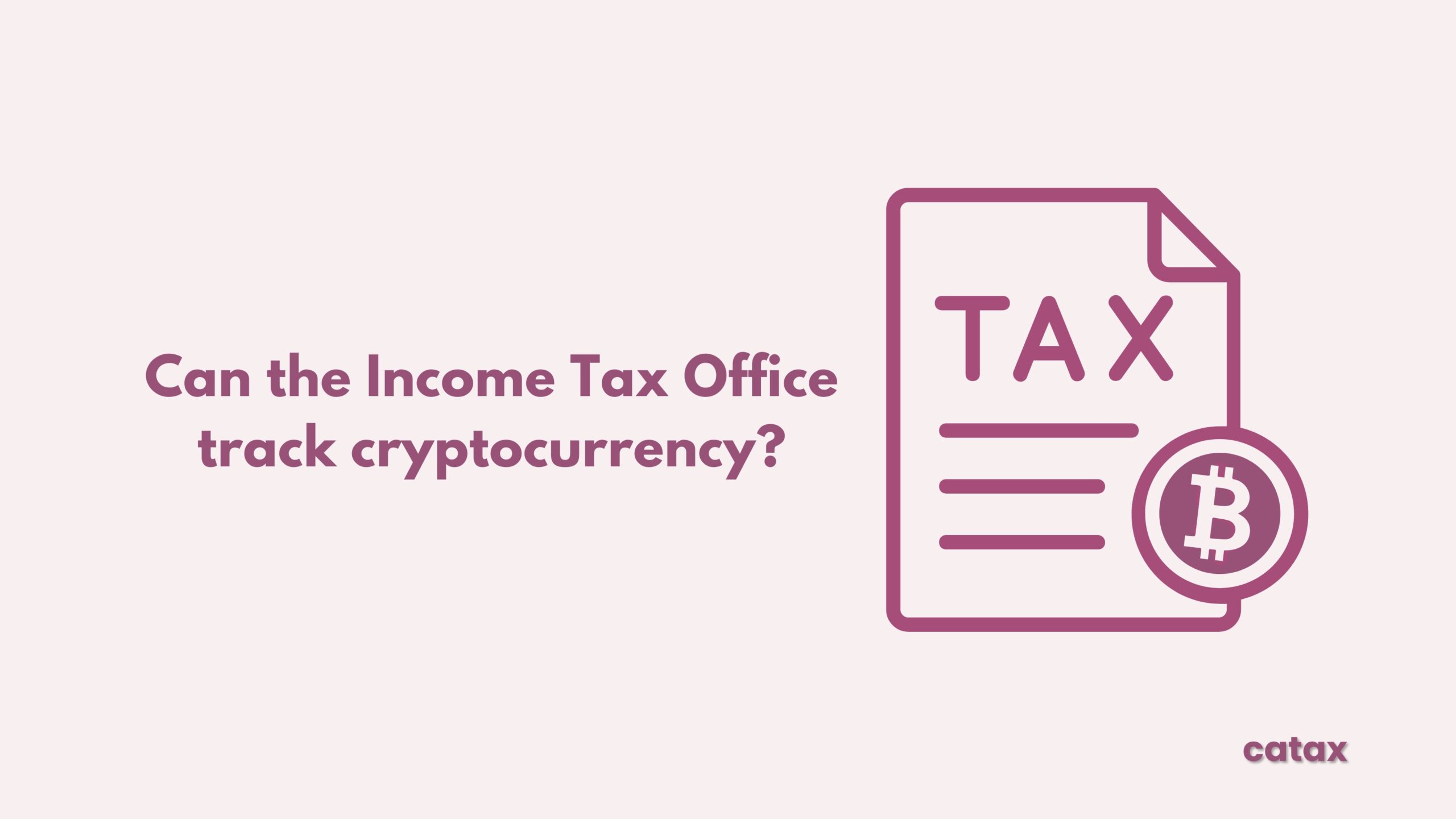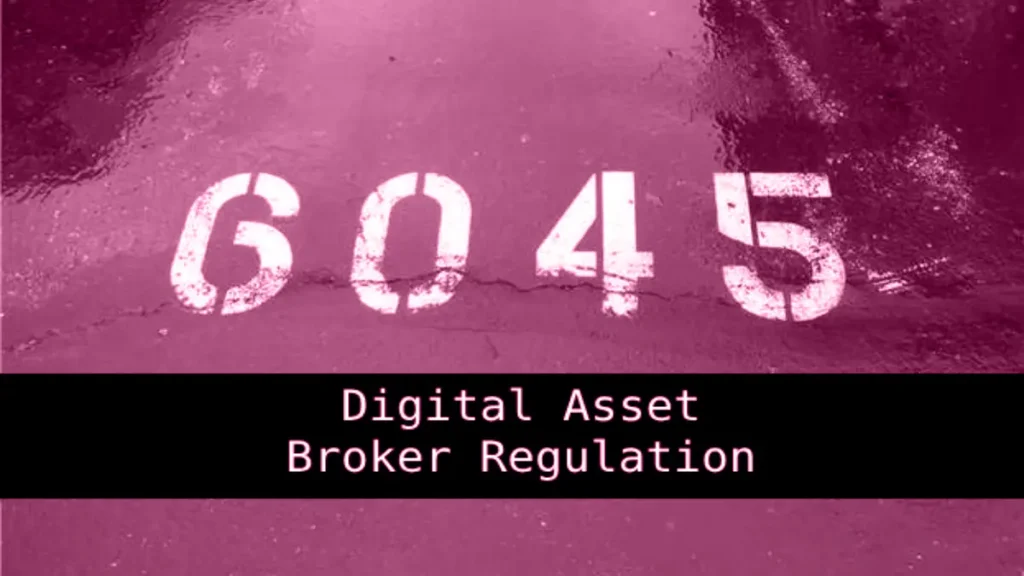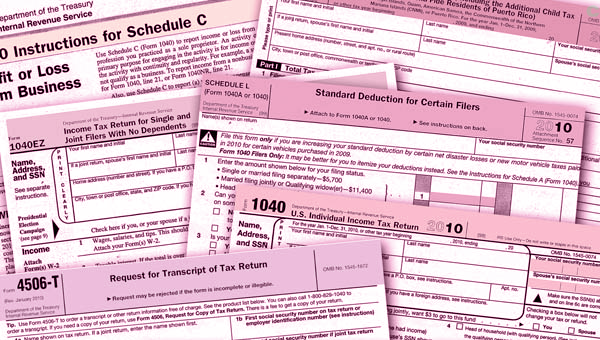The simple answer is yes.
In fact, YES, tracking crypto transactions is not as daunting as the prevailing market sentiment might suggest. Thanks to the foundational technology of cryptocurrency, blockchain, which serves as an open distributed ledger, the transparency and accessibility of transaction data are unparalleled. This transparency allows for the efficient gathering and analysis of data, making the process of Cryptocurrency Tracking by Income Tax more straightforward than commonly perceived. Blockchain’s inherent features not only facilitate the secure and transparent recording of transactions but also significantly ease the burden of tracking and reporting crypto transactions for tax purposes.
Cryptocurrency Tracking by Income Tax has surged in popularity, bringing increased scrutiny from the IRS. This guide provides essential insights into how the IRS tracks crypto transactions and practical advice for reporting them on your tax return. In this blog, we will deep dive into the myth that Cryptocurrency Tracking by Income Tax is anonymous and not trackable by the Income Tax Office.
Tracking Cryptocurrency by the IRS
Despite the pseudo-anonymous nature of cryptocurrencies, they are not beyond the reach of the IRS. Transactions on blockchains, such as Bitcoin and Ethereum, are publicly visible, enabling the IRS to trace crypto transactions by connecting ‘anonymous’ activities to identifiable individuals. The IRS has previously employed contractors like Chainalysis for this purpose.
Exchanges’ Reporting to the IRS
U.S.-based cryptocurrency exchanges, adhering to Know Your Customer (KYC) regulations, collect personal information like names and IDs. These exchanges, including Coinbase, Kraken, Gemini, Crypto.com, Binance.US, Robinhood, and PayPal, are legally required to issue 1099 forms to both customers and the IRS, detailing crypto transactions. Failure to report these transactions can lead to IRS warnings about unpaid taxes.
Non-Reporting Exchanges
Not all exchanges report to the IRS. Exchanges like KuCoin, MexC, and HODL HODL don’t require KYC information and thus don’t send 1099 forms. However, their policies might change in response to increased regulatory pressure.
IRS’s Growing Focus on Crypto
The IRS has intensified its focus on crypto, adding a specific question about crypto transactions in Form 1040 since 2020. Being truthful in your response is crucial, as evasion can lead to audits or legal issues.
Reporting Cryptocurrency on Taxes
Hiding cryptocurrency from the IRS is not advisable, as tax evasion can lead to severe penalties. Instead, it’s essential to report cryptocurrency accurately. Capital gains from crypto should be reported on Form 8949, with details like acquisition and disposal dates, cost basis, and proceeds. Ordinary income from crypto is reported on Schedule 1 of Form 1040.
Catax: Simplifying Crypto Tax Reporting
Catax offers a user-friendly interface and real-time syncing with your crypto transactions. As a result, you can easily track and manage your crypto tax liabilities. Moreover, Catax’s advanced algorithms ensure accurate calculations and compliance with tax regulations. Consequently, users can save time and effort when filing their crypto taxes. In conclusion, Catax is a reliable and efficient solution for simplifying the often complex and daunting task of crypto tax reporting.
Common Questions about Crypto and IRS
- Coinbase Transactions and the IRS: Coinbase, among others, issues 1099 forms to the IRS. The IRS has also previously sought customer information directly from exchanges.
- Taxes on Non-Cashed Out Crypto: Certain activities, like staking or trading crypto, can incur tax liabilities even without converting to fiat.
- Tracking Bitcoin Wallets: The IRS can trace ‘anonymous’ wallets back to individuals.
- Consequences of Non-Reporting: Not reporting cryptocurrency can lead to felony charges, including prison time and fines.
- IRS Audits on Crypto: The IRS may audit if they suspect underreporting of income or through random selection.
Cryptocurrency taxation might seem daunting, but understanding the IRS’s approach and using tools like Catax can make compliance straightforward. Accurate reporting not only avoids legal issues but also contributes to the legitimacy and stability of the cryptocurrency ecosystem.
A Closer Look: Reporting and Record-Keeping
Form 8949 and Schedule D: The IRS mandates the use of Form 8949 for detailing each cryptocurrency transaction. This form feeds into Schedule D, summarizing capital gains and losses, which then integrates into the broader tax return framework on Form 1040.
Income Reporting: For specific crypto income types like mining, staking rewards, and airdrops, reporting on the appropriate sections of Form 1040 or related schedules is necessary. This granularity ensures a comprehensive accounting of all digital asset transactions
The IRS and Cryptocurrency: An Evolving Landscape
- IRS Focus on Cryptocurrency: The IRS is increasing its scrutiny of cryptocurrency transactions, urging investors to keep detailed records to ensure compliance.
- Tax Implications for Minor Transactions: Without a de minimis tax exemption, even small cryptocurrency transactions can have tax consequences, highlighting the need for diligent record-keeping.
- Accurate Reporting Is Crucial: The IRS’s proactive measures, such as warning letters and specific questions on tax forms about crypto assets, emphasize the importance of precise reporting.
- Minimizing Tax Evasion: The IRS aims to reduce tax evasion by closely monitoring cryptocurrency transactions and ensuring investors report accurately.
- Ensuring Fair Compliance: Through its vigilant approach, the IRS seeks to ensure fair compliance among cryptocurrency investors, aligning with tax laws and regulations.
Preparing for the Future: Essential Considerations
Crypto Tax Software Solutions: Navigating cryptocurrency taxes can be daunting. Utilizing crypto tax software like CoinLedger or CoinTracker can simplify tracking and reporting, offering peace of mind through accurate record-keeping.
Staying Informed: With regulations and compliance standards continuously evolving, staying informed is paramount. Additionally, engaging with CPAs knowledgeable in cryptocurrency taxation can provide tailored advice. This will ensure you meet all reporting obligations.
The Path Ahead with Catax
As we conclude our exploration of Cryptocurrency Tracking by Income Tax, it’s clear that the journey is fraught with challenges yet ripe with opportunities for the informed investor. However, with Catax at your helm, offering guidance and support, the path to compliance becomes less daunting. Moreover, embrace the journey, armed with knowledge and the right tools, to navigate the complexities of cryptocurrency taxation confidently. Together, let’s chart a course toward informed investment and compliance, ensuring peace of mind as you sail through tax season.
FAQs (Frequently Asked Questions)
Yes, tracking crypto transactions is crucial for tax reporting. The IRS can trace cryptocurrency activities, and accurate reporting helps avoid legal issues and contributes to a stable crypto ecosystem.
The IRS tracks crypto transactions by leveraging the public visibility of blockchain technology. U.S.-based exchanges, following KYC regulations, report transactions, and the IRS uses tools like Chainalysis to connect activities to individuals.
No, not all exchanges report to the IRS. U.S.-based exchanges with KYC requirements, like Coinbase, issue 1099 forms. However, non-reporting exchanges may change policies in response to regulatory pressure.
Non-reporting can lead to felony charges, including prison time and fines. Accurate reporting is essential for compliance, avoiding legal repercussions, and contributing to a legitimate crypto environment.
Catax offers a user-friendly interface, which allows users to navigate the platform with ease. In addition, the platform provides real-time syncing with crypto transactions, ensuring that users have the most up-to-date information available.



